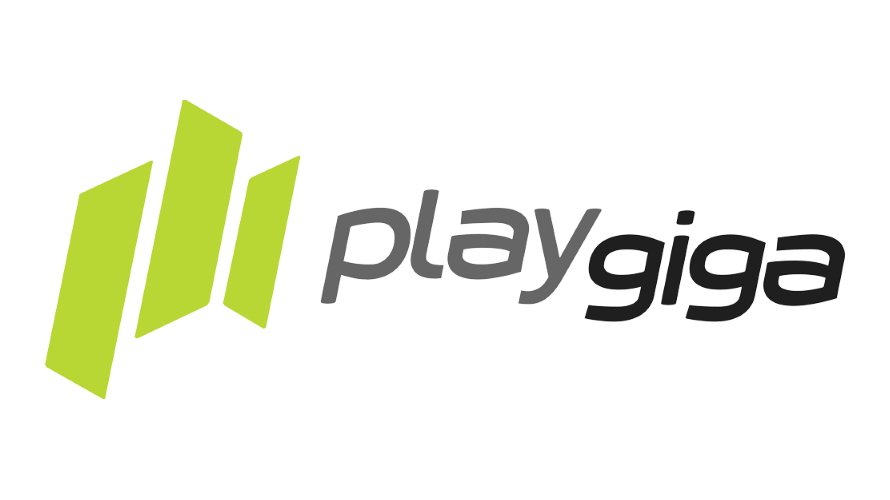
Facebook has acquired Spanish cloud gaming company PlayGiga, headquartered in Madrid, for a reported figure of $78 million. CNBC first reported the news and the $78 million fee, with Facebook and PlayGiga confirming the news but not the buyout fee.
In a tweet, Facebook confirmed it had made the acquisition, but said it would “decline further comment for now,” while PlayGiga said it was “moving on to something new,” adding: “We are continuing our work in cloud gaming, now with a new mission. We want to thank all of our partners and customers for their support over the years.”
PlayGiga has been running a cloud gaming platform in Spain, Italy, Argentina, and Chile, with plans to head to the Middle East at one stage before today’s news. PlayGiga had signed with 60 publishers to bring a variety of content from the likes of Square Enix, Capcom, Deep Silver, Warner Bros, 505 Games, and more.
The fact that Facebook is now looking to enter cloud gaming comes at a time of serious flux for the market. Microsoft is in the middle of a closed beta for Project xCloud, Sony is refining how it offers PlayStation Now, and Google’s recent entry with Stadia for Founder’s Edition buyers (with a full rollout in 2020) has been off to a rocky start.
“I predicted back in December 2018 that Facebook would be looking closely at cloud gaming either through building its own service or through acquisition,” IHS Markit’s Piers Harding-Rolls told GameDaily when asked what the move signified. “This distribution technology is a solid fit for Facebook because of its huge data center capability, its consumer platforms with enormous reach, its evolving gamer strategy and its games video streaming offering.
“Aside from game streaming technology which is increasingly commoditised, I think the real value in PlayGiga is the content relationships and GPU-based infrastructure expertise the company holds. PlayGiga offers a shortcut to market for Facebook.”
DFC Intelligence’s David Cole added: “This is a much smaller deal. I think it shows Facebook is much more strategic than Google with Stadia. Cloud gaming in smaller markets is interesting and not as big an investment. A company like Facebook is looking for global eyeballs. Making small investments that could attract more viewers incrementally can make sense.”
Could this also be construed as a shot across the bow to Google from The House of Zuckerberg? According to Cole, not really.
“I don’t think this has anything to do with Stadia. Mainly it’s part of a strategy of low-risk tactical investments.”
Harding-Rolls added he saw this as an opportunity on Facebook’s part to significantly further itself in a place of power in cloud gaming thanks to GigaPlay’s existing content deals with publishers within the industry. “Like Google, Amazon, Microsoft and Tencent, Facebook has a significant cloud infrastructure capability and consumer services,” he said.
“This is a key competitive advantage against other cloud gaming companies but like Google and Amazon, Facebook has limited high-end content to exploit so PlayGiga’s relationships with games publishers is important. This acquisition has effectively strengthened Facebook’s position in cloud gaming versus the competition.”
Cloud gaming remains at a nascent stage, and it’s hard to tell where things will be as we enter 2020 in terms of long-term sustainability, even as Google opens Stadia up to more and more people and Microsoft prepares to go live for the official launch of xCloud. But with this acquisition and existing content deals in place, as Harding-Rolls pointed out, Facebook now finds itself in an interesting position. Although it’s currently limited in terms of where PlayGiga currently provides its services, Facebook does have the resource and infrastructure to make it global.
The question then is when will that happen?
 GameDaily.biz © 2025 | All Rights Reserved.
GameDaily.biz © 2025 | All Rights Reserved.